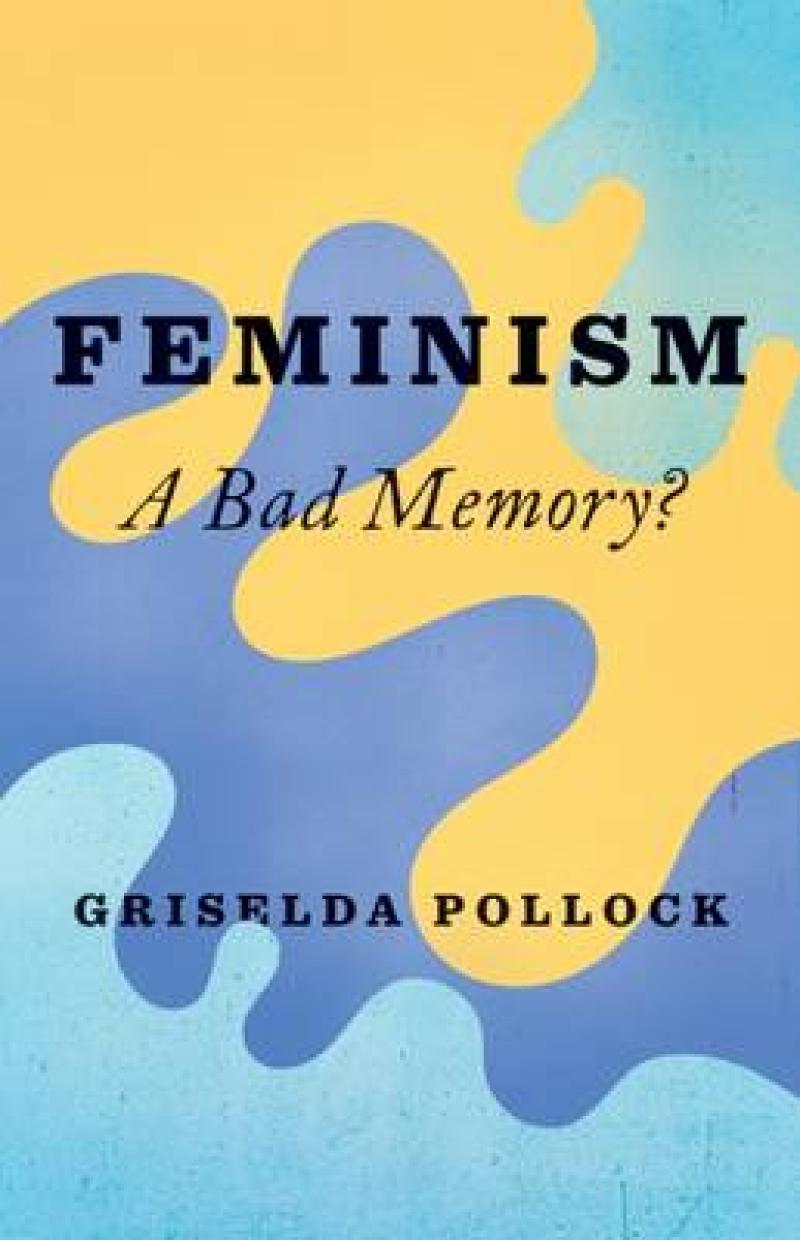How did we come to represent the history of feminism in terms of waves and generations? What are the effects of such powerful metaphors? In Feminism: A Bad Memory? Griselda Pollock analyses the cultural memory of feminism through the concept of trauma: an event that cannot be immediately digested because of the enormity of the shock it represents to the system, and especially to its potential subjects: feminists. Instead of plotting generations and waves and accepting selective versions of the feminist tradition, Pollock suggests that we can escape the familial metaphors and their burden of resentment and reaction. What happens when we pose feminism as a becoming-political that is creatively radical because it continuously throws up new conflicts, that become visible precisely because of the working through of a previous one? Drawing on a range of theories of the political to examine the issue of challenge and change, Pollock suggests psychoanalytical theories can illuminate the traumatic force of feminism over the twentieth century.
Les mer
A radical examination of feminism's place in our cultural memory
Produktdetaljer
ISBN
9781784784652
Publisert
2018-04-01
Utgiver
Verso Books
Vekt
567 gr
Høyde
198 mm
Bredde
129 mm
Aldersnivå
01, G
Språk
Product language
Engelsk
Format
Product format
Innbundet
Antall sider
192
Forfatter
